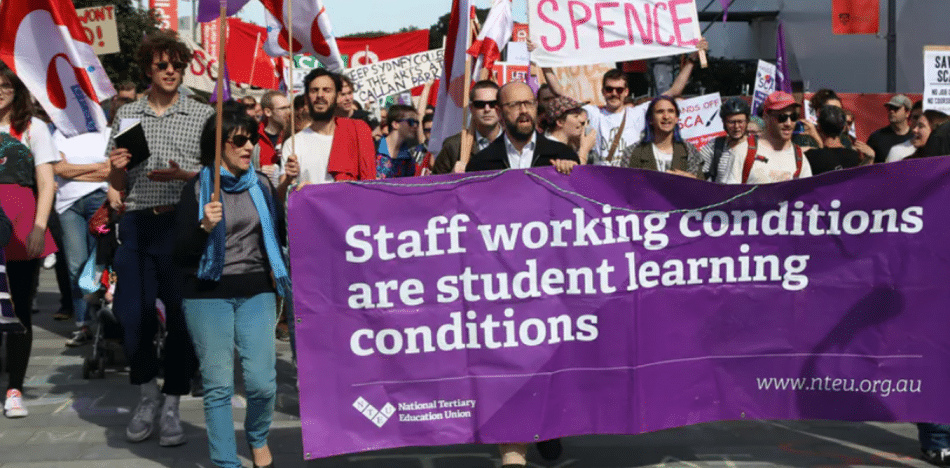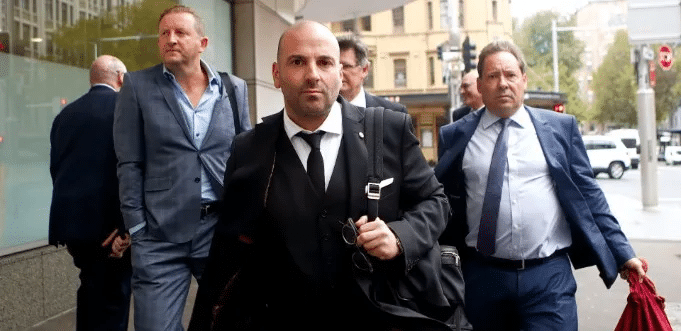Wage theft is a serious issue that impacts workplaces all across Australia. It occurs when employers intentionally pay their workers less than they rightfully deserve or deny them their wages and benefits. This exploitative practice significantly affects employees, undermining the principles of labour practices. Over time, numerous known cases in Australia have shed light on the seriousness of wage theft. In this article we will delve into the concept of wage theft and its effects on workers and society examining examples from Australia that have brought attention to this problem.
Understanding Wage Theft
Wage theft can take many forms, such as paying employees below hourly rates, neglecting to provide appropriate penalty rates, failing to compensate for overtime work, denying entitled leave and wrongly categorising workers as independent contractors. These unethical actions deprive employees of their compensation and can lead to financial hardships, decreased job satisfaction and lower productivity levels. Moreover wage theft also has repercussions on the economy, since lost wages result in reduced consumer spending and diminished tax revenues. It’s bad news all around, and terrible practice.
The Prevalence of Wage Theft in Australia
Research and inquiries have shown that wage theft in Australia is a problem that affects multiple industries, putting workers at risk. These workers include migrants, international students and those in higher education, retail, childcare and hospitality. The widespread nature of wage theft is a matter of deep concern, and demands immediate attention from policymakers, businesses and society as a whole. Fortunately, this is starting to take shape.
Notable Instances of Wage Theft in Australia
The University Sector

Wage theft has unfortunately become an issue stemming deep within the business models of universities. The magnitude of wage theft in the higher education sector is frankly disgusting.
Through an analysis of 34 cases it has been conservatively estimated that a total of $83.4 million is owed to staff across universities. Additionally there are three cases that are highly likely to surpass the $90 million mark. Public universities alone have uncovered over $80 million in wages since 2020, with wage theft cases still to be calculated due to open cases at both Deakin University and UNSW. The National Tertiary Education Union (NTEU) has successfully recovered millions of dollars in stolen wages on their own, but a significant amount of higher education workers are yet to see a cent. While some universities have acknowledged their wrongdoing, others have chosen to engage in battles against their own staff who are rightfully owed wages.
In recent years there have been multiple complaints by academics and activists from the National Tertiary Education Union (NTEU) regarding underpayment issues at Deakin, Monash, La Trobe, the University of Melbourne, the University of Newcastle, the University of New South Wales (UNSW) and the University of Sydney. It’s highly likely that this list will continue to grow, moving forward.
Things have gotten so bad that university administrators have pretty much given up on trying to hide it. To make matters worse, casual academics have disproportionately suffered from job losses throughout the pandemic. According to a study conducted by Frank Larkins from Melbourne University 30 percent of casuals in this sector lost their jobs between 2019 and 2021. Now there is a push for reform, as evidenced by the recent Australian Universities Accord interim government report.
General Retail: Woolworths

Woolworths, a supermarket chain, acknowledged their wrongdoing of underpaying their employees by $300 million over a span of almost ten years. The employees most affected by this were the store managers who were not receiving overtime pay and penalty rates. This scandal raised concerns about flaws in payroll systems. Emphasised the importance of oversight and accountability for large corporations.
Childcare: Camp Australia

In 2021, Camp Australia came to an agreement to address the issue of wage theft by compensating its employees with $1.74 million thus avoiding proceedings.
Moreover the nationwide childcare organisation is obligated to make a contribution payment of $122,000, to the Consolidated Revenue Fund of the Commonwealth.
The discovery of these underpayments occurred after an internal investigation was launched in response to concerns raised by a manager at one of Camp Australia’s holiday camps. This investigation uncovered that employees from over 590 locations across the country were not properly compensated for a sum of $1.7 million in entitlements, such as overtime pay, annual and personal leave.
Other unmet entitlements include allowances, for aid, transportation fares, unpaid early arrivals to services, meals and vehicle expenses.
Hospitality: Made Establishment and George Calombaris

Famous TV chef George Calombaris and his restaurant empire, Made Establishment, faced allegations of wage theft in 2019. Following an investigation by the Fair Work Ombudsman it was discovered that Made Establishment had underpaid around 515 former employees by more than $7.8 million. This incident sparked outrage and sparked discussions on the necessity for improved wage compliance measures within the hospitality sector.
Responses from Legal and Regulatory Authorities
To address the growing issue of wage theft, various Australian states have implemented penalties for employers found guilty of underpaying their workers. Victoria took the lead in 2020 by criminalising wage theft, imposing prison sentences of up to ten years and significant fines for employers engaged in these now illegal practices. Other states like Queensland and South Australia have followed suit with legislation. These measures aim to discourage employers from committing wage theft and safeguard the rights of workers.
Wage theft is an issue that deeply concerns us all as it not only harms workers, but also weakens the overall fabric of our society. Instances of wage theft across industries in Australia have highlighted the urgency for changes in labour practices and regulatory systems. Through the enforcement of penalties, criminal charges, and fostering a culture that prioritises employer wage-paying adherence, Australia can make progress in eliminating wage theft and guaranteeing that every worker receives their deserved compensation and is treated with dignity at work. By joining forces businesses, policymakers and the general public can pave the way for an employment environment that benefits both employees and employers alike. It’s high time this sickening practice is stamped out in our “lucky” country.







